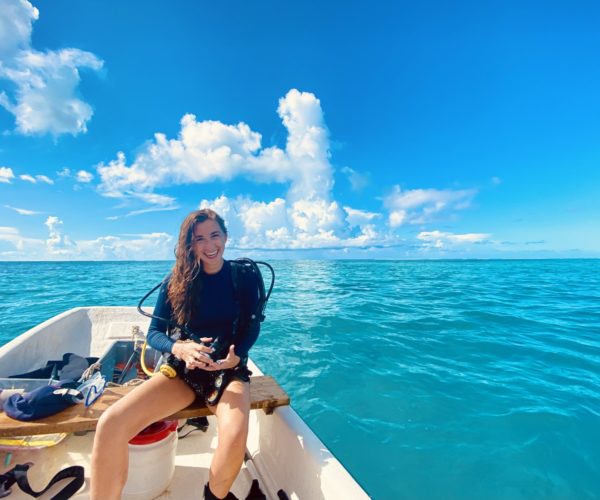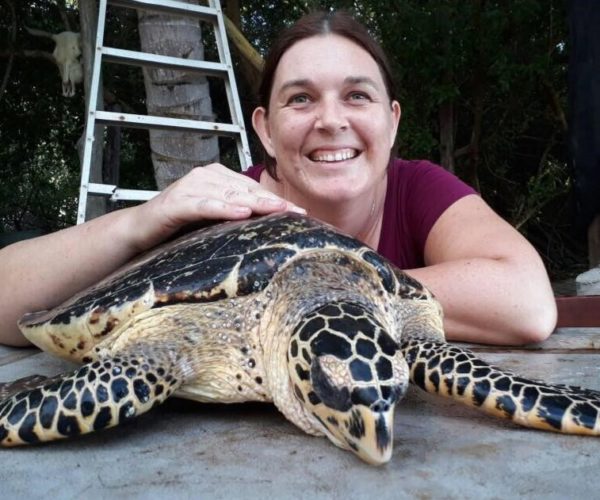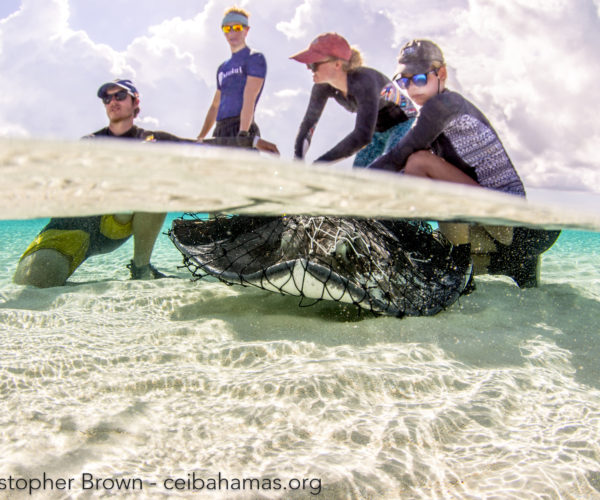In our Graduate in Focus series we look at the achievements of our graduates who have excelled in marine science around the world since studying with […]
Tag: masters
MSc Graduate In Focus: Catherine Hart
Our world-leading marine research underpins a wide range of undergraduate and postgraduate programmes: Research-led teaching | Exeter Marine | University of Exeter. In our Graduate […]
Shark Awareness Day: Plastic pollution – problematic for sharks and rays.
For Shark Awareness Day 2019 we have been chatting to a few of our elasmobranch (that’s sharks, skates and rays) researchers here the the University […]
Scientists at Sea Podcast – The Stingray Episode: with Ethan Wrigglesworth and Molly Meadows
In this episode, we get to know our regular presenters a little better. Ethan and Molly talk to Ben, the producer, about the work they […]



